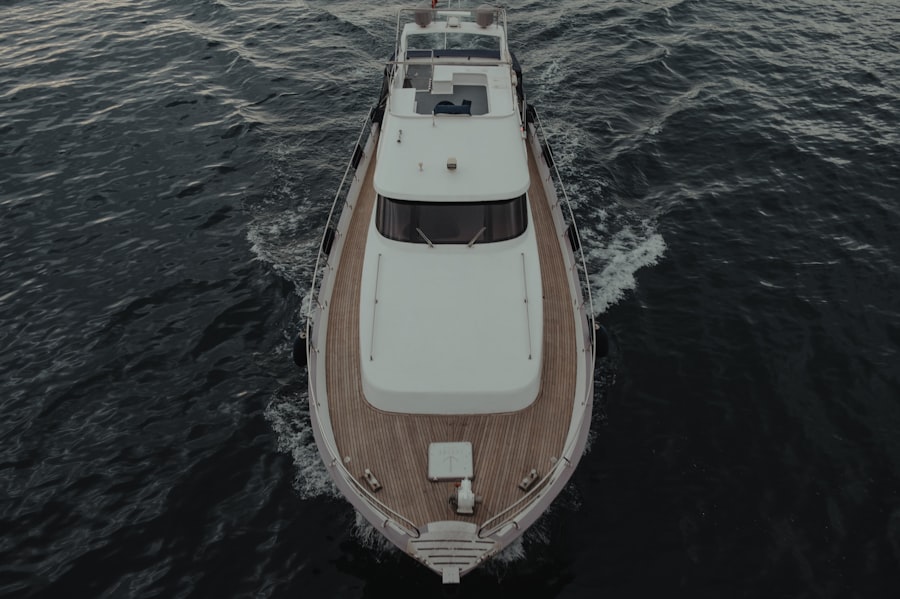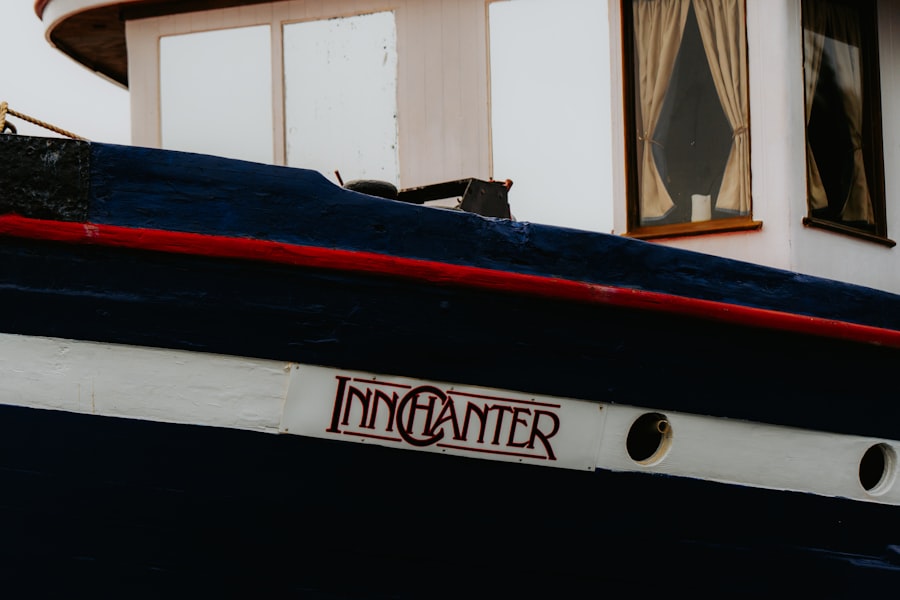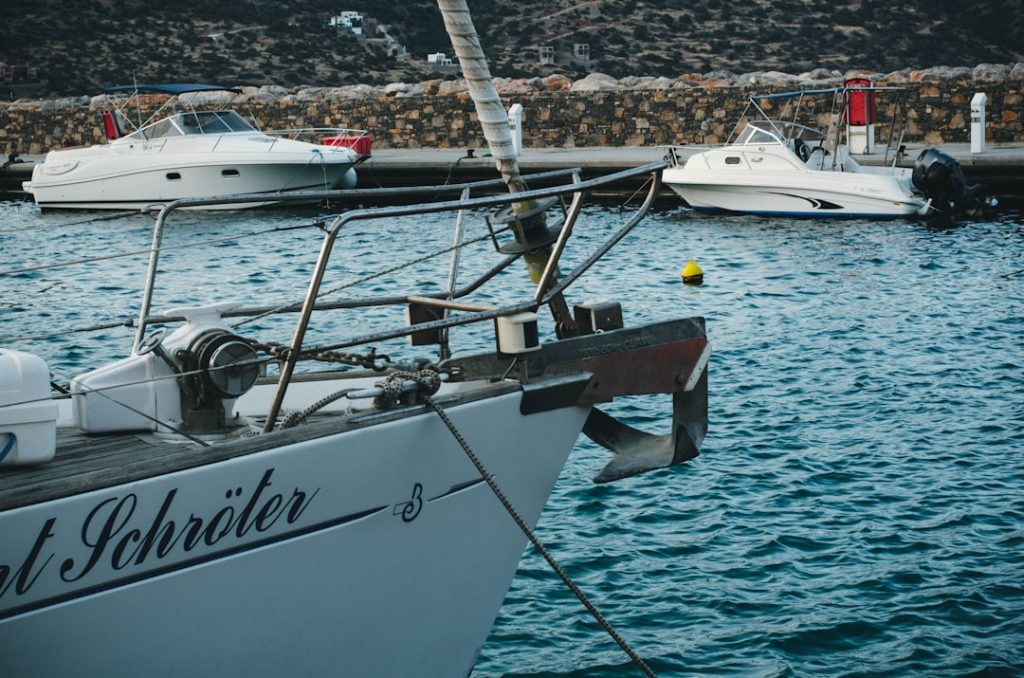When embarking on the journey to purchase a yacht, the first step is to thoroughly understand your needs and budget. This process begins with introspection about how you intend to use the yacht. Are you looking for a vessel primarily for leisure, perhaps for family vacations or entertaining friends?
Or do you envision using it for more adventurous pursuits, such as long-distance cruising or fishing expeditions? The answers to these questions will significantly influence the type of yacht that best suits your lifestyle. For instance, a family-oriented yacht might prioritize comfort and amenities, while a performance-oriented vessel may focus on speed and handling.
Budgeting is equally crucial in this initial phase. Establishing a clear financial framework will help narrow down your options and prevent you from falling in love with a yacht that exceeds your means. Consider not only the purchase price but also the ongoing costs associated with yacht ownership, such as insurance, maintenance, docking fees, and fuel.
A common rule of thumb is to allocate about 10% of the yacht’s purchase price annually for maintenance and operational costs. This means that if you are considering a yacht priced at $500,000, you should be prepared for an additional $50,000 each year to keep it in top condition. By understanding both your needs and budget, you can make informed decisions that align with your lifestyle and financial situation.
Key Takeaways
- Clearly define your needs and budget before starting the yacht buying process.
- Research various yacht models and brands to find the best fit for your lifestyle.
- Collaborate with a reputable yacht broker to navigate the market effectively.
- Conduct thorough inspections and surveys to ensure the yacht’s condition and value.
- Understand ongoing ownership costs and maintenance to fully enjoy your yacht experience.
Researching Different Yacht Models and Brands
Once you have a clear understanding of your needs and budget, the next step is to delve into the world of yacht models and brands. The yacht market is vast, with numerous manufacturers offering a wide array of designs, sizes, and features. It is essential to familiarize yourself with the various types of yachts available, including motor yachts, sailing yachts, catamarans, and superyachts.
Each category has its unique characteristics and advantages. For example, motor yachts are often favored for their speed and ease of use, while sailing yachts appeal to those who enjoy the art of sailing and the tranquility it brings. In addition to understanding the types of yachts, researching reputable brands is vital.
Some brands have established themselves as leaders in the industry due to their craftsmanship, innovation, and customer service. Brands like Sunseeker, Azimut, and Beneteau are renowned for their luxurious designs and performance capabilities. Conversely, brands like Lagoon and Fountaine Pajot are celebrated for their catamarans, which offer stability and spaciousness.
Reading reviews, joining online forums, and attending boat shows can provide valuable insights into the strengths and weaknesses of different models and brands. Engaging with current yacht owners can also yield firsthand experiences that may influence your decision-making process.
Working with a Yacht Broker

Navigating the complexities of yacht purchasing can be daunting, which is where a yacht broker comes into play. A knowledgeable broker acts as an intermediary between buyers and sellers, providing invaluable expertise throughout the buying process. One of the primary benefits of working with a broker is their access to a vast network of listings that may not be publicly available.
This can open up opportunities to find the perfect yacht that meets your specifications without being overwhelmed by the sheer volume of options. Moreover, a broker can offer guidance on pricing and market trends, helping you make informed decisions about your purchase. They can assist in identifying yachts that fit your criteria while also advising on potential resale value should you decide to upgrade in the future.
Additionally, brokers often have established relationships with surveyors and marine service providers, which can streamline the inspection and maintenance processes. By leveraging their expertise, you can navigate negotiations more effectively and ensure that you are making a sound investment.
Inspecting and Surveying Potential Yachts
| Inspection Aspect | Metric | Typical Range | Notes |
|---|---|---|---|
| Hull Condition | Surface Integrity | No cracks or blisters | Check for osmosis or damage |
| Engine Performance | Operating Hours | Under 1000 hours preferred | Lower hours indicate less wear |
| Electrical Systems | Battery Voltage | 12.6 – 13.2 volts | Check for consistent power supply |
| Navigation Equipment | Functionality | Fully operational | Includes GPS, radar, and compass |
| Safety Gear | Compliance | Meets maritime regulations | Life jackets, flares, fire extinguishers |
| Interior Condition | Wear and Tear | Minimal signs of damage | Check upholstery, fixtures, and fittings |
| Fuel System | Leakage | None detected | Inspect tanks, lines, and filters |
| Deck Hardware | Operational Status | All winches and cleats functional | Ensure smooth operation and no corrosion |
Once you have identified potential yachts that pique your interest, the next critical step is to conduct thorough inspections and surveys. This process is essential to ensure that the yacht is in good condition and free from hidden defects that could lead to costly repairs down the line. A professional marine surveyor should be engaged to perform a comprehensive inspection of the vessel.
This includes checking the hull integrity, engine performance, electrical systems, plumbing, and safety equipment. During the survey, it is also advisable to take the yacht for a sea trial. This allows you to experience how the vessel handles under various conditions and assess its performance firsthand.
Pay attention to factors such as stability, speed, and maneuverability. Additionally, consider how comfortable you feel aboard the yacht; after all, this will be your home away from home. If any issues arise during the inspection or sea trial, they can be used as leverage in negotiations or may even lead you to reconsider your choice altogether.
Negotiating the Purchase Price
Negotiating the purchase price of a yacht can be one of the most challenging yet rewarding aspects of the buying process. Armed with information from your research and inspections, you will be better positioned to make an offer that reflects the yacht’s true value. It is essential to approach negotiations with a clear understanding of what you are willing to pay while remaining flexible enough to accommodate counteroffers from the seller.
One effective strategy is to present your offer based on comparable sales data for similar yachts in the market. This data can provide a solid foundation for your negotiation position. Additionally, if any issues were identified during the survey or inspection process, these can serve as valid points for negotiating a lower price or requesting repairs before finalizing the sale.
Remember that negotiations are often a back-and-forth process; patience and professionalism are key to reaching an agreement that satisfies both parties.
Understanding the Costs of Yacht Ownership

Owning a yacht extends beyond the initial purchase price; it involves ongoing costs that must be carefully considered before making a commitment. These costs can be categorized into several areas: operational expenses, maintenance costs, insurance premiums, docking fees, and potential crew salaries if applicable. Operational expenses include fuel costs, which can vary significantly based on how often you use the yacht and its size; larger vessels typically consume more fuel.
Maintenance costs are another critical aspect of ownership that should not be overlooked. Regular maintenance is essential for ensuring safety and longevity; this includes routine engine checks, hull cleaning, and equipment servicing. Many owners find it beneficial to set aside a dedicated budget for unexpected repairs or upgrades that may arise over time.
Insurance is also a significant expense; premiums can vary based on factors such as the yacht’s value, age, and intended use. Understanding these costs upfront will help you make informed decisions about your budget and ensure that you are financially prepared for yacht ownership.
Completing the Purchase and Transfer of Ownership
Once negotiations have concluded successfully and both parties have agreed on terms, it’s time to finalize the purchase and transfer ownership of the yacht. This process typically involves drafting a purchase agreement that outlines all terms discussed during negotiations, including price, payment method, contingencies based on survey results, and any included equipment or warranties. It’s advisable to have legal counsel review this agreement to ensure that all aspects are covered adequately.
After signing the purchase agreement, you will need to arrange for payment transfer through secure methods such as escrow services or bank wire transfers. Once payment has been completed, you will receive documentation proving ownership transfer; this may include bills of sale or title documents depending on local regulations. Additionally, registering your yacht with appropriate maritime authorities is crucial for legal compliance; this process varies by country but generally involves submitting necessary paperwork along with proof of ownership.
Maintaining and Enjoying Your Dream Yacht
With ownership secured, the focus shifts from purchasing to maintaining and enjoying your dream yacht. Regular maintenance is paramount; establishing a routine schedule for inspections and servicing will help keep your vessel in optimal condition while preventing costly repairs down the line. Many owners choose to hire professional management services that specialize in yacht maintenance; these services can handle everything from cleaning to mechanical upkeep.
Beyond maintenance lies the joy of using your yacht for leisure activities. Whether it’s hosting gatherings with friends or embarking on adventurous voyages along scenic coastlines, owning a yacht opens up a world of possibilities for exploration and relaxation. Joining yachting clubs or participating in regattas can enhance your experience by connecting you with fellow enthusiasts who share your passion for life on the water.
Ultimately, maintaining your yacht not only preserves its value but also ensures countless memorable experiences await you on every voyage.


